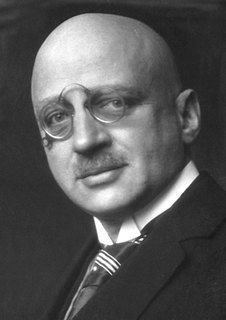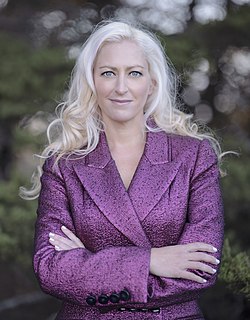A Quote by Martin Rees
Crucial to science education is hands-on involvement: showing, not just telling; real experiments and field trips and not just 'virtual reality.'
Related Quotes
I think it's science and physics are just starting to learn from all these experiments. These experiments have been carried out hundreds and hundreds of times in all sorts of ways that no physicist really questions the end point. I think that these experiments are very clearly telling us that consciousness is limitless and the ultimate reality.
If you're having a very high-adrenaline, high-movement experience in virtual reality, and then all of a sudden you're back in your office, that disconnect is pretty notable. Whereas if you're using it for virtual reality teleconferencing... there's really no kind of impact moving back and forth between the real and the virtual world.
The field of scientific abstraction encompasses independent kingdoms of ideas and of experiments and within these, rulers whose fame outlasts the centuries. But they are not the only kings in science. He also is a king who guides the spirit of his contemporaries by knowledge and creative work, by teaching and research in the field of applied science, and who conquers for science provinces which have only been raided by craftsmen.
The real world just doesn’t offer up as easily the carefully designed pleasures, the thrilling challenges, and the powerful social bonding afforded by virtual environments. Reality doesn’t motivate us as effectively. Reality isn’t engineered to maximize our potential. Reality wasn’t designed from the bottom up to make us happy.
Science merely amplifies the capabilities of human beings. Science gives us the ability to do ill and to do good more than we had, and to question science in this respect is like questioning whether people ought to have two hands or just one, because with two hands they could do more evil than they can with just one.




































